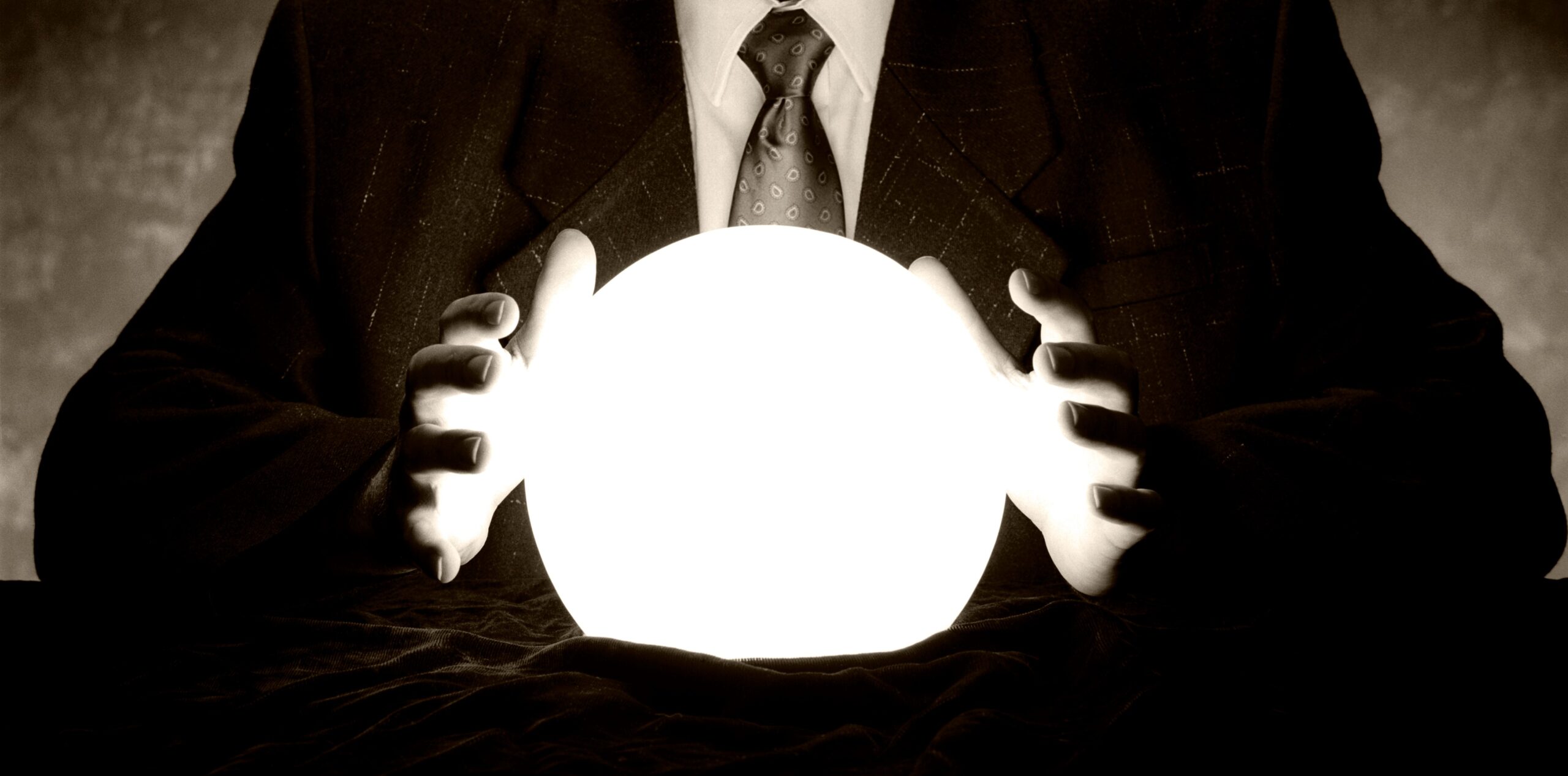Late-night talk show hosts and stand-up comedians love presidential election years because the non-stop political theater provides them with a constant stream of great material. Presidential election years also supply more material for stock market prognosticators, who tend to capitalize on the fact that elections imply change. Change tends to make people nervous, and this particular type of change tends to make investors especially nervous, leading them to wonder how their investments will be impacted. This apprehension provides stock market sages with a vast, receptive audience that is ready and willing to hear their predictions about the future direction of the markets.
“In 2012, late night talk show host Jimmy Fallon’s dog predicted, without hesitation, that Mitt Romney would be the next president.”
Statisticians mining the data for profitable trading strategies have unearthed a wide array of factors that appear to correlate with the direction of stock markets. In the 1920’s, economist George Taylor showed a correlation between the level of the stock market and the height of ladies’ hemlines. Several decades later, the Super Bowl Indicator observed that the stock market had risen every year that an NFC team had won the Super Bowl, and declined whenever an AFC team won. Given the popularity of spurious statistical relationships such as these, it is unsurprising that strategists attempted to find a pattern in the seemingly logical correlation between stock prices and presidential elections.
In the 1960s, market historian Yale Hirsch proposed a market-timing strategy known as Presidential Election Cycle Theory. He claimed that US large company stocks tend to have above-average returns in an election year, while the year following the election usually sees the worst returns in the four-year presidential cycle.
Although these numbers may have held true in some time periods, the two most recent elections have called the theory into question. For example, the theory proposed that the 2008 election year should have been an above-average year for stock market returns, however, US large company stocks were down 37% that year. In 2009 (the purported weakest year in the cycle), that same group of stocks increased by 26%. The next election cycle cast further doubt on the theory, as the gains in the 2012 election year were far surpassed by the gains in the following year.
The most likely explanation of this reversal in results is that presidential elections, like hemlines and Super Bowls, have no reliable ability to predict stock market returns. Despite all of the hype, the expected profits in an election year are probably the same as in the other three years of the cycle.
But the prognostications about politics and markets will surely not end there. Even if you accept that the election cycle itself does not contain a predictable pattern, it is still fair to ask whether a presidential victory by one political party over the other suggests higher returns for stocks.
The answer to this question may surprise you. Although the Republican Party tends to be viewed as being more friendly to business and Wall Street than the Democrats, since the end of the Second World War, the returns of US stocks have been far higher under Democratic presidents (9.7% per year) than under the Republicans (6.7% per year).
However, this does not mean that a Hillary Clinton victory is a signal that you should mortgage your home and invest aggressively in the stock market. As with the presidential election cycle, the past performance of stocks under a given political party is unlikely to determine the future performance. The outperformance of stocks under Democrats provides them with a nice campaign slogan, but it is probably attributable more to chance than to economic policy.
What all of this does mean is that the outcome of the presidential election, while certainly important for the future direction of the country, is merely one of a multitude of factors that determine the results of the capital markets. The overall health of the global economy, changes in interest rates, unpredictable global political and economic events, technological innovation, wars, weather, and any number of other factors will have more influence on the direction of the markets than will the identity (or political party) of the person in the Oval Office.
In 2012, late night talk show host Jimmy Fallon’s dog predicted, without hesitation, that Mitt Romney would be the next president. That prediction was entertaining, but not particularly useful. Throughout the coming year, stock market strategists will supply you with a plethora of election-related predictions that you may find entertaining, but they will probably be no more clairvoyant than Mr. Fallon’s puppy. Instead of attempting to outguess the markets, you should maintain a long-term view of your investments and leave the election commentary to the comedians.
The original version of this article was written by Heritage for the March 2016 edition of The Light, a local magazine serving Broward County, Florida.


